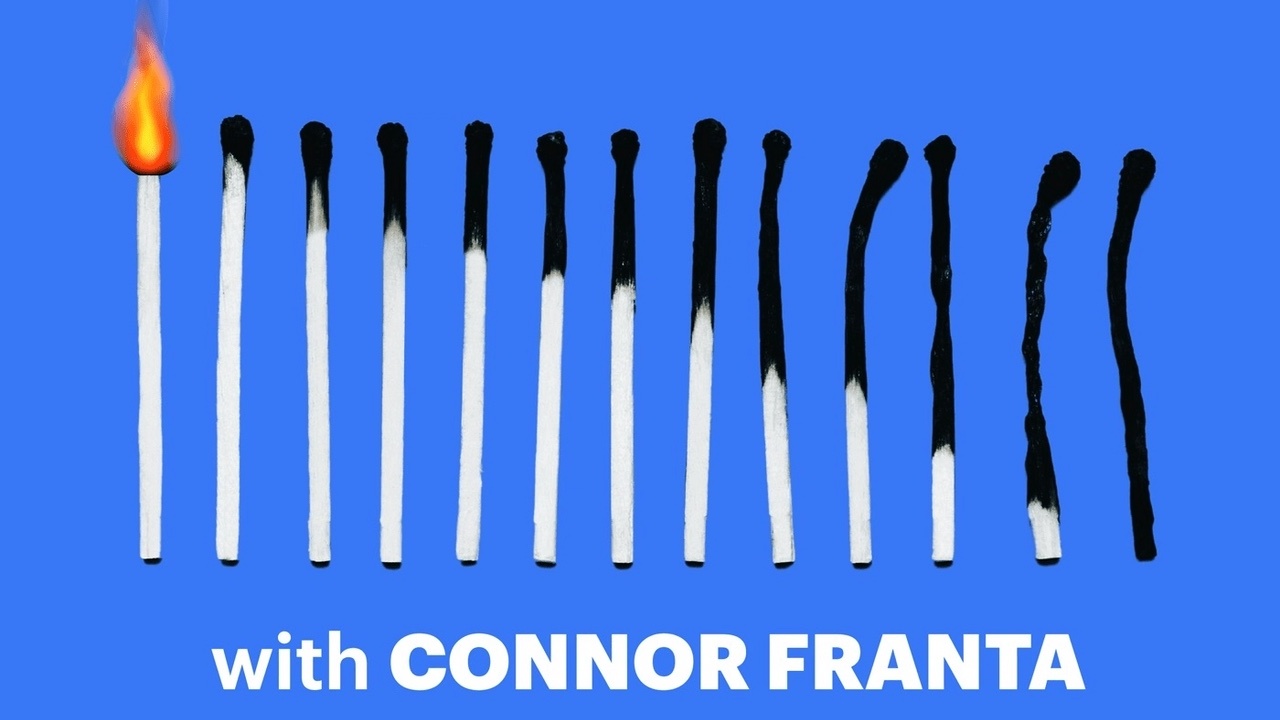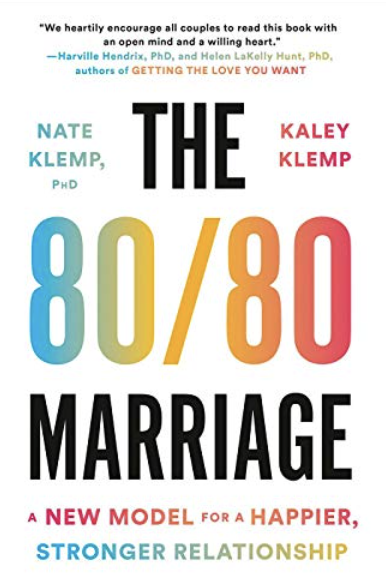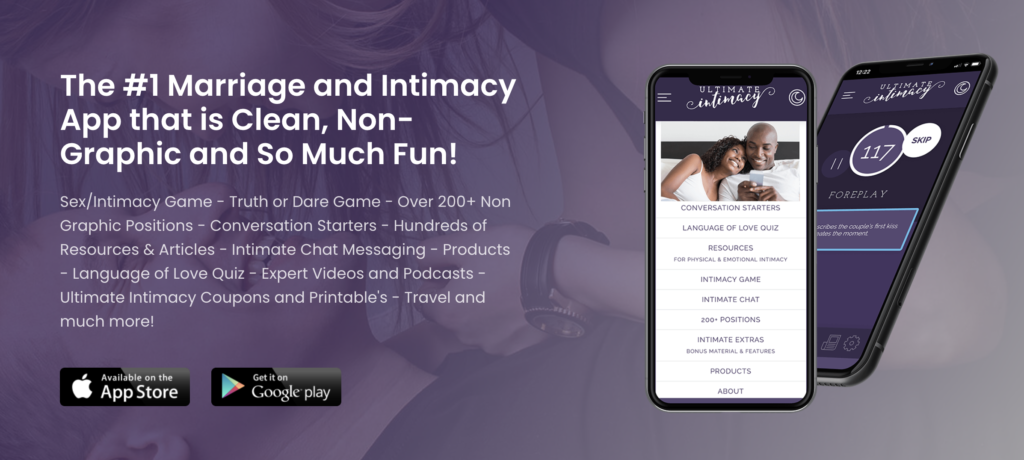
Today, we want to tackle a difficult topic — burnout.
During the insanity of the last couple years, many of us have experienced at least some degree of this uniquely modern condition.
What is burnout? It’s a reaction to our work or life situation characterized by three primary features:
- Overwhelming exhaustion — That feeling of being tired. All. The. Time.
- Feelings of cynicism and detachment — The resigned attitude that says, “Who cares?” or “This sucks.”
- Declining effectiveness — Standing idly by as you watch the quality and quantity of your work plummet.
The topic is on our mind because Nate has been working in collaboration with Mindful Magazine and Lemonada to develop a new podcast called Burnout that launched this week. It’s a four-episode series hosted by YouTube sensation Connor Fanta. You can check out the first episode on Apple Podcasts, Spotify, or Amazon Music. You’ll even hear from Nate about the benefits of mindfulness at around the 53 minute mark.
In today’s newsletter, we wanted to explore a related but slightly different angle on burnout: how do you handle burnout in a relationship?
This question is deeply personal for us. We faced it head-on in the first years of our marriage. That’s when Nate had his own experience of burnout. After a serious bike accident and during the extreme stress of finishing his PhD at Princeton, Nate fell into a several-years-long struggle with crippling anxiety and depression. In short, he burned out.
This wasn’t just hard on him. It also presented an extreme challenge to our relationship. Kaley felt like she lost the person she married. Nate felt like he couldn’t muster the energy to work on the relationship. We were stuck.
How did we get out?
Tools
1. See your partner’s experience as inherently valid.
If we could offer only one strategy on what to do when one of you burns out, it would be this. But what does it mean to see your partner’s experience as inherently valid?
Here’s what it meant for us. When Nate said he felt exhausted after teaching a single class, Kaley couldn’t understand. “How could you be tired after two hours in the classroom?” she thought. In her experience of life, a two hour presentation was easy. She couldn’t even imagine what it would be like to experience exhaustion after such a simple task.
Not surprisingly, this led to all sorts of conflict and the deep-seated feeling of being misunderstood.
Everything shifted when we began seeing each other’s experience as inherently valid. For Kaley, this meant hearing Nate’s experience without overlaying her judgments about what he should feel or how much energy he should have. Instead, her work was to try to accept, rather than fight against, his experience of life.
2. Prioritize each other.
If Kaley’s work was to change her mindset, Nate’s work was to change his priorities. With so little gas in the tank, he simply couldn’t knock off as many to-dos, write as many emails, or run as many errands. This led Nate to pull away from everything — to cut back on both his work in the world and his work on the relationship.
This resulted in a predictable outcome. Kaley felt unsupported and resentful. She felt like Nate didn’t care about the relationship.
This pattern didn’t shift until Nate changed his priorities. He had to prioritize work on the relationship so that Kaley could once again feel like he was trying, like he really did care.
As the burned out partner, making this shift isn’t easy because it involves difficult trade-offs. The more your life energy falls away, the starker these trade-offs become. And yet, it’s essential to prioritize the relationship — to make sure that if you only do one thing in a day, it’s a generous act toward your partner. This effort shows that you’re doing your best, that you’re committed, that you truly care.
The good news in all of this is that you can recover from these difficult periods of burnout. In fact, it’s possible to emerge from these periods even stronger as a couple. That was our experience. It wasn’t easy. It required hard work and lots of help from therapists, friends, and family. But eventually, as the fatigue of burnout lifted, this experience of hardship turned into a source of deep connection and love.
Nate and Kaley Klemp are authors of the new book The 80/80 Marriage: A New Model for a Happier, Stronger Marriage, a New York Times Editors’ Choice selection. To download their free PDF guide to Epic Date Night, tap here. This article was reposted and used with permission from the 80/80 Marriage.” Also check out their great book “The 80/80 Marriage” and free relationship guides HERE.
For other great ways to help make your marriage, check out the amazing Ultimate Intimacy App! It has a 4.8/5 star rating with almost 400,000 downloads and very happy customers. It is clean, non graphic and so much fun!! Just click on the picture below to learn more and download for free today.


